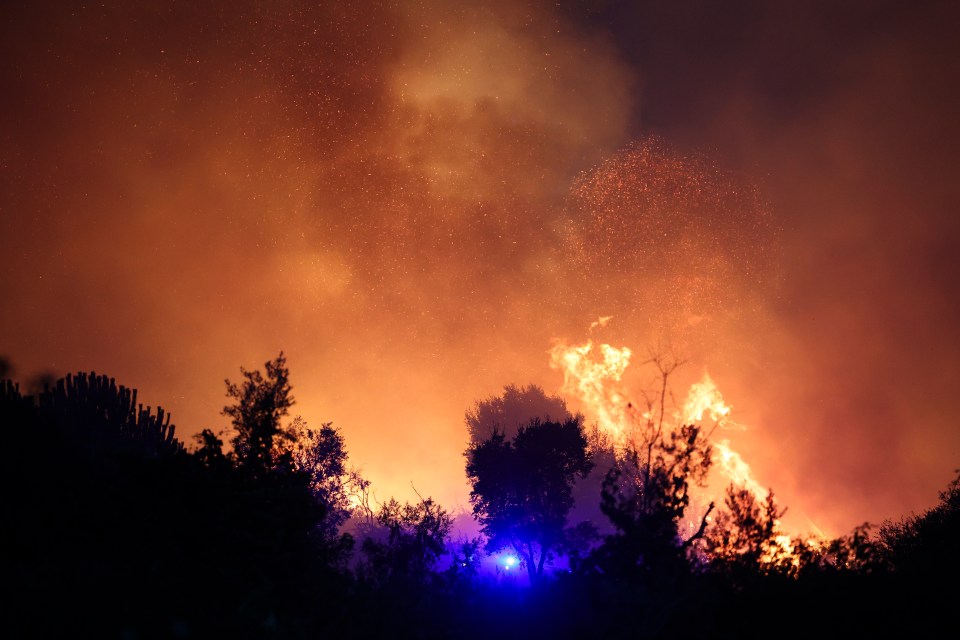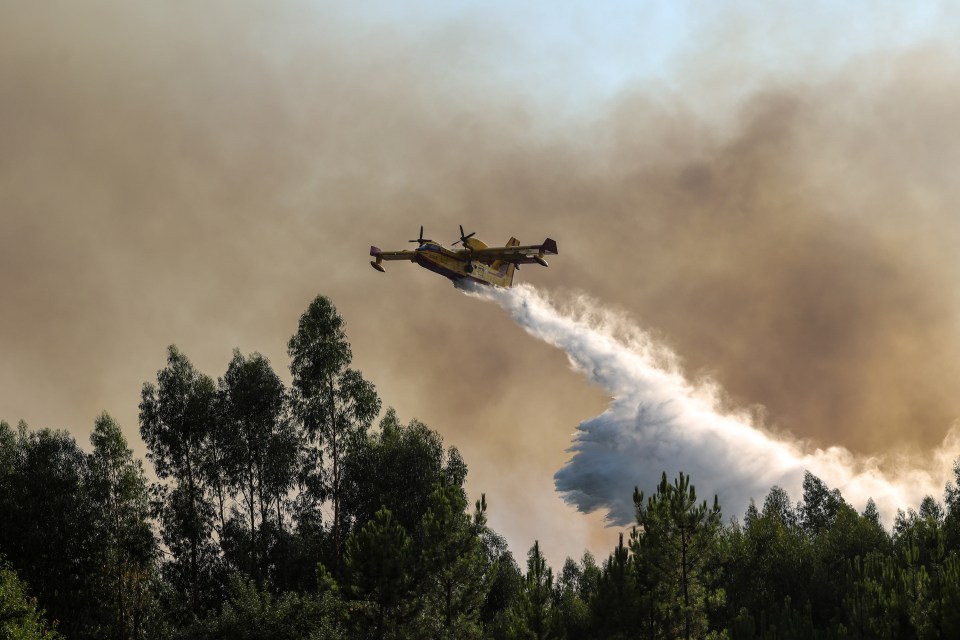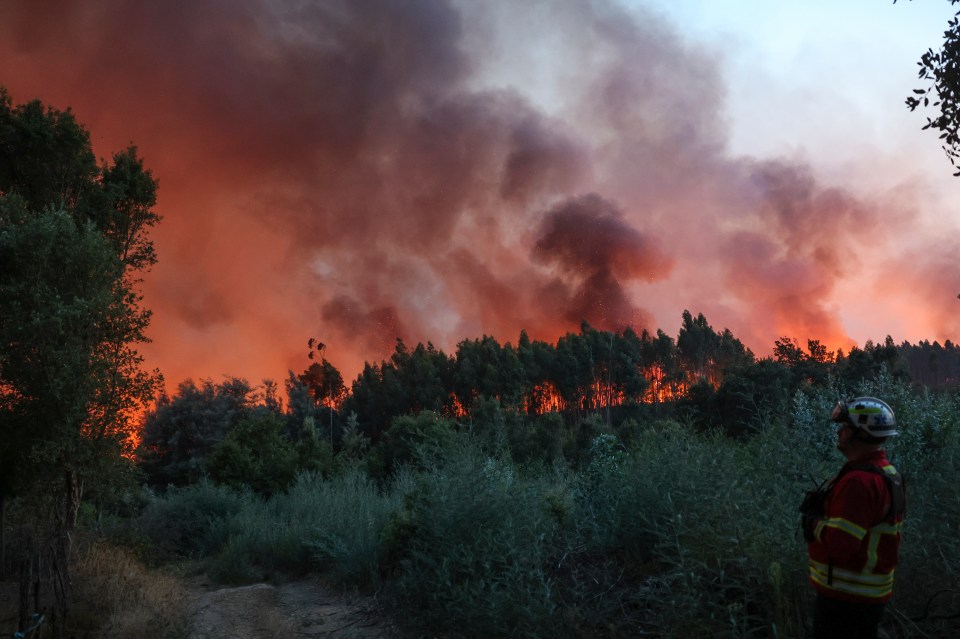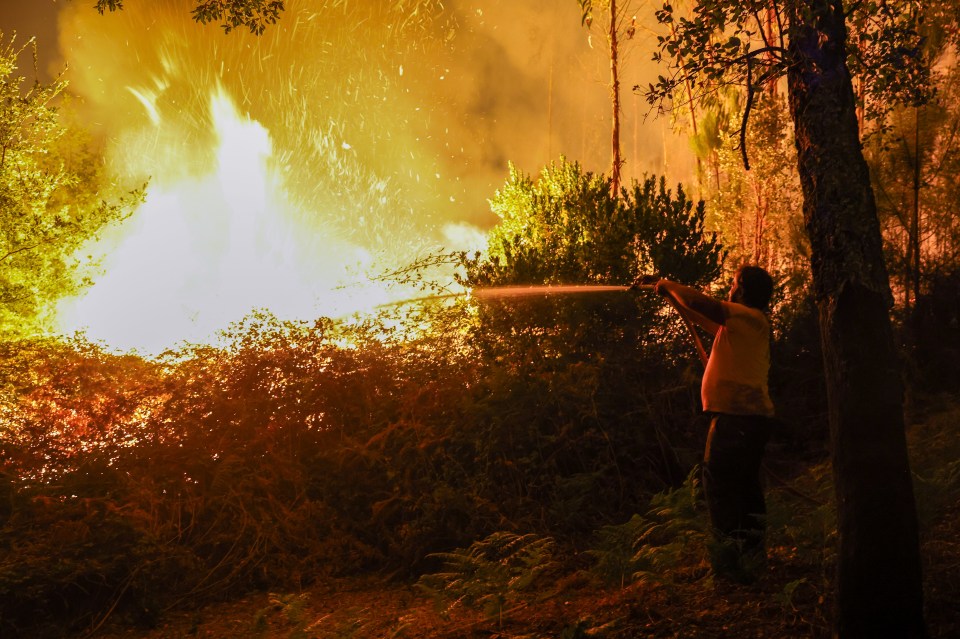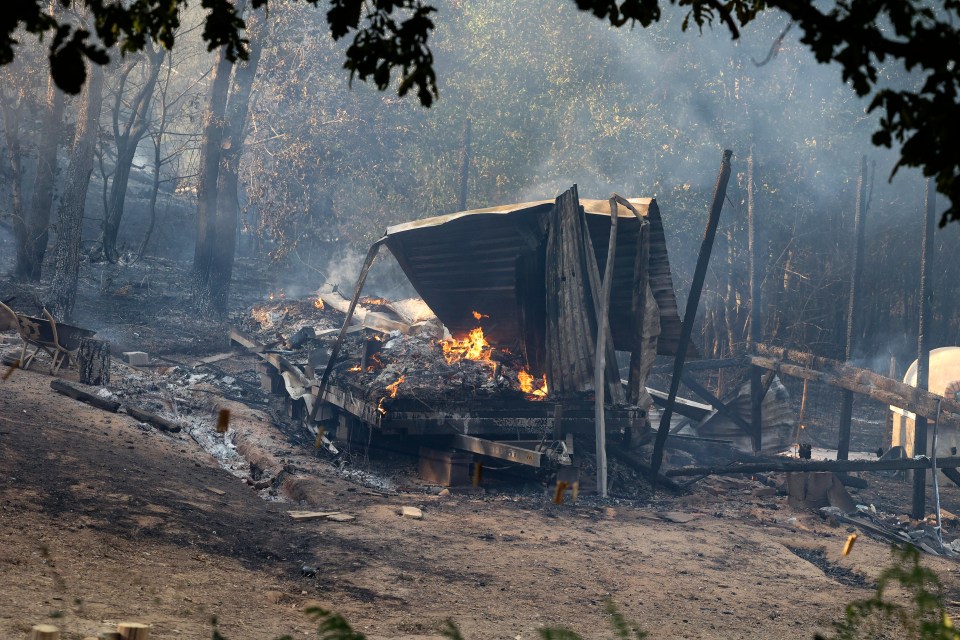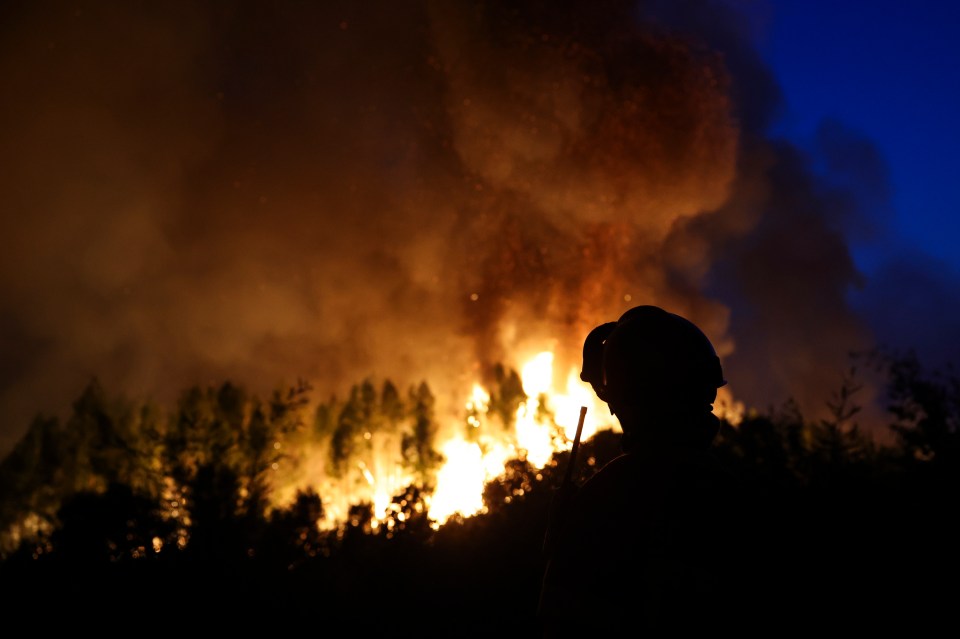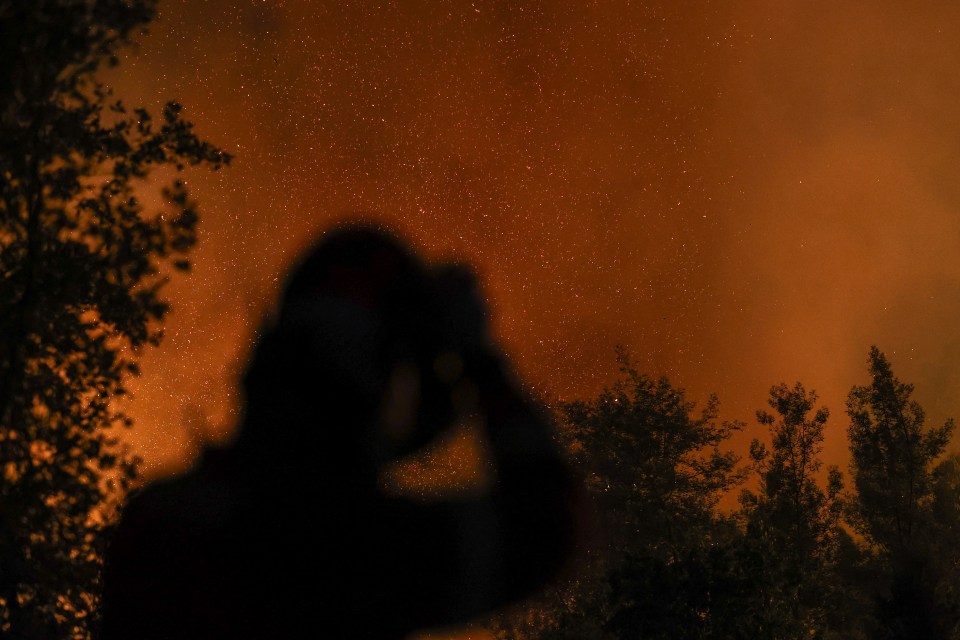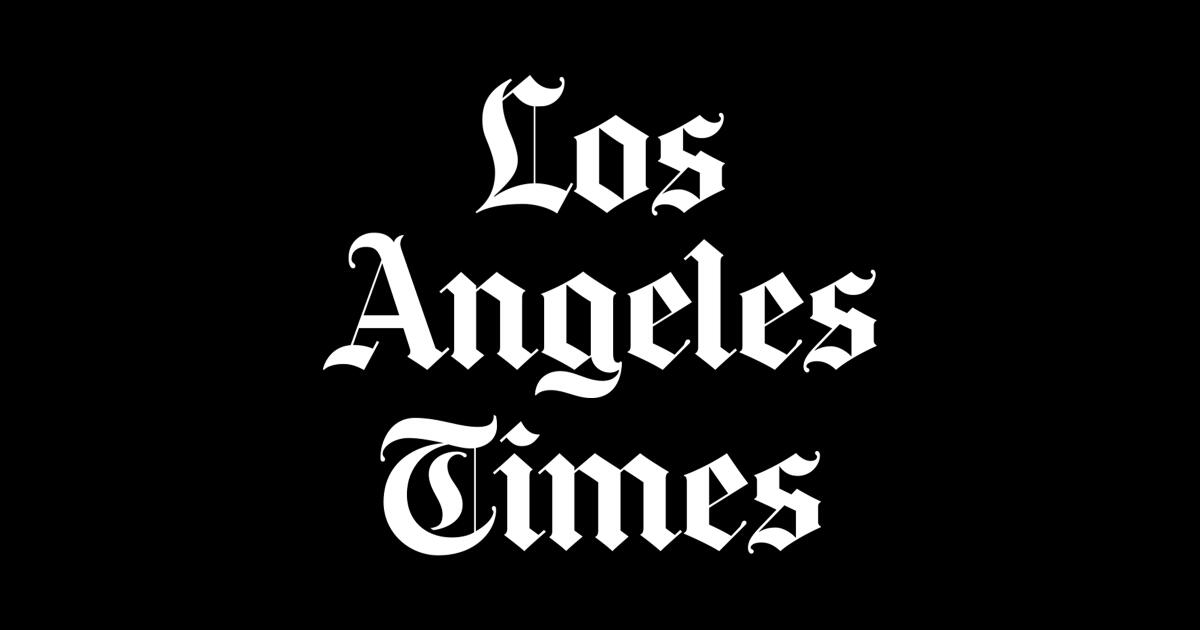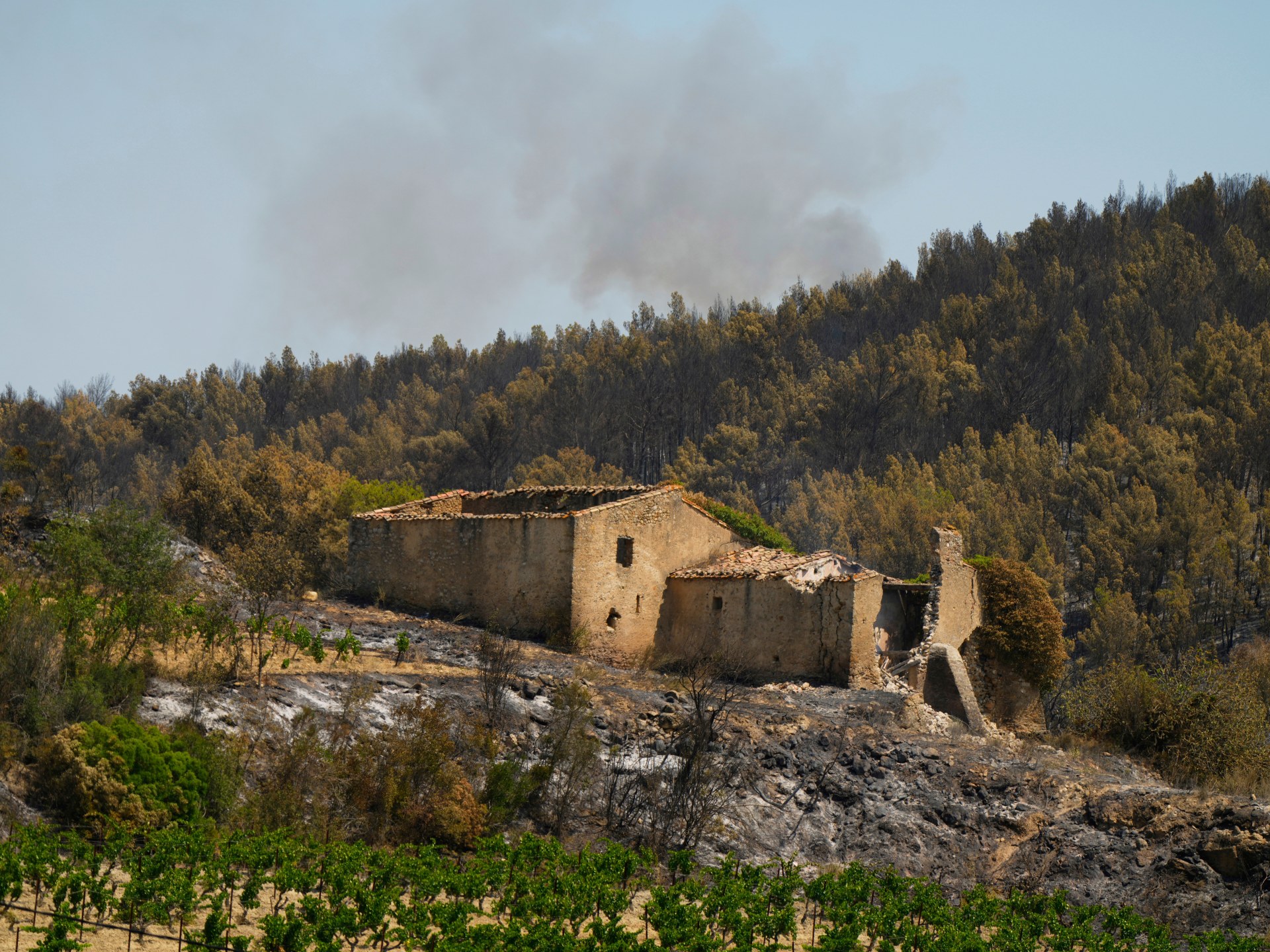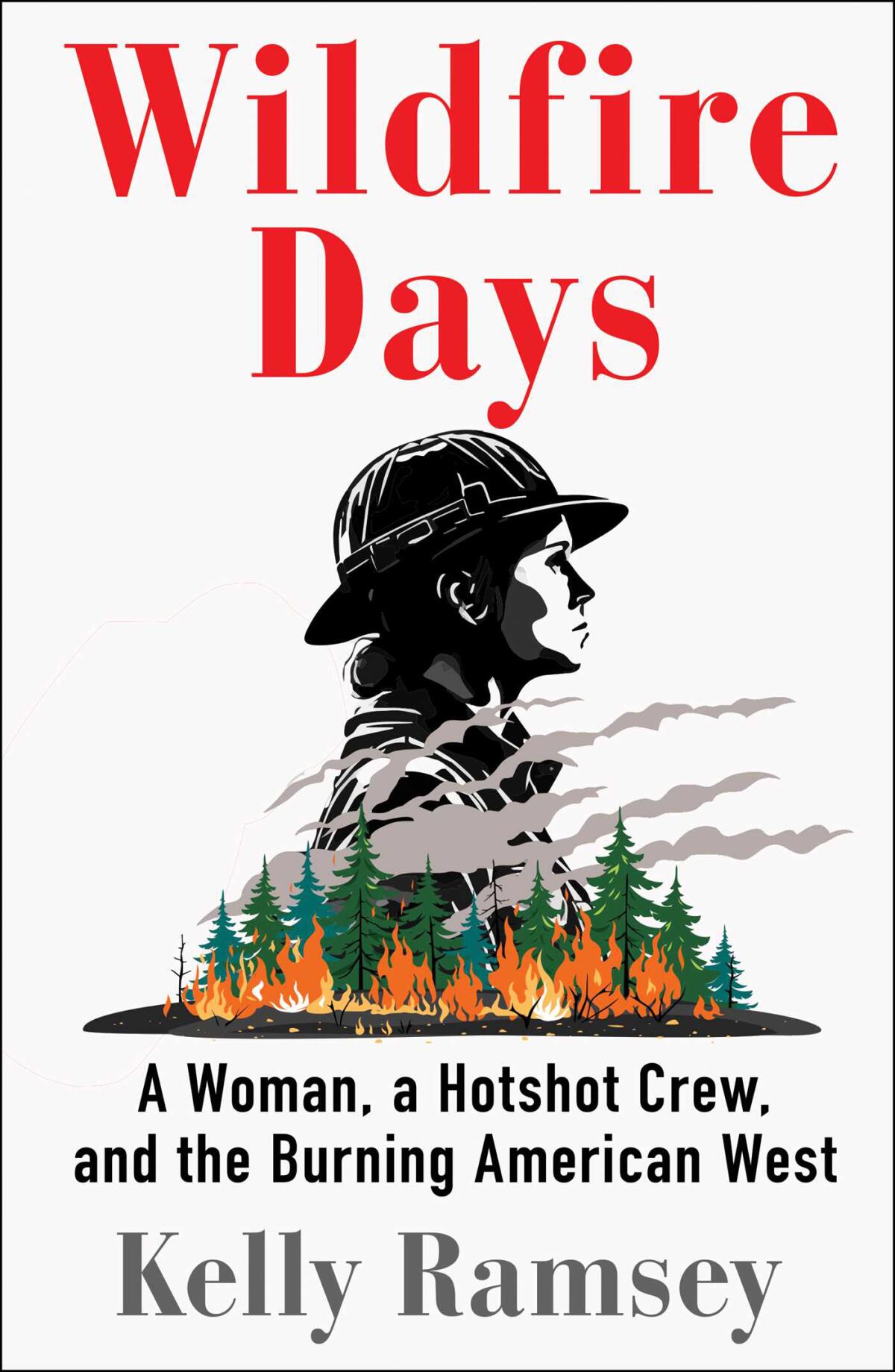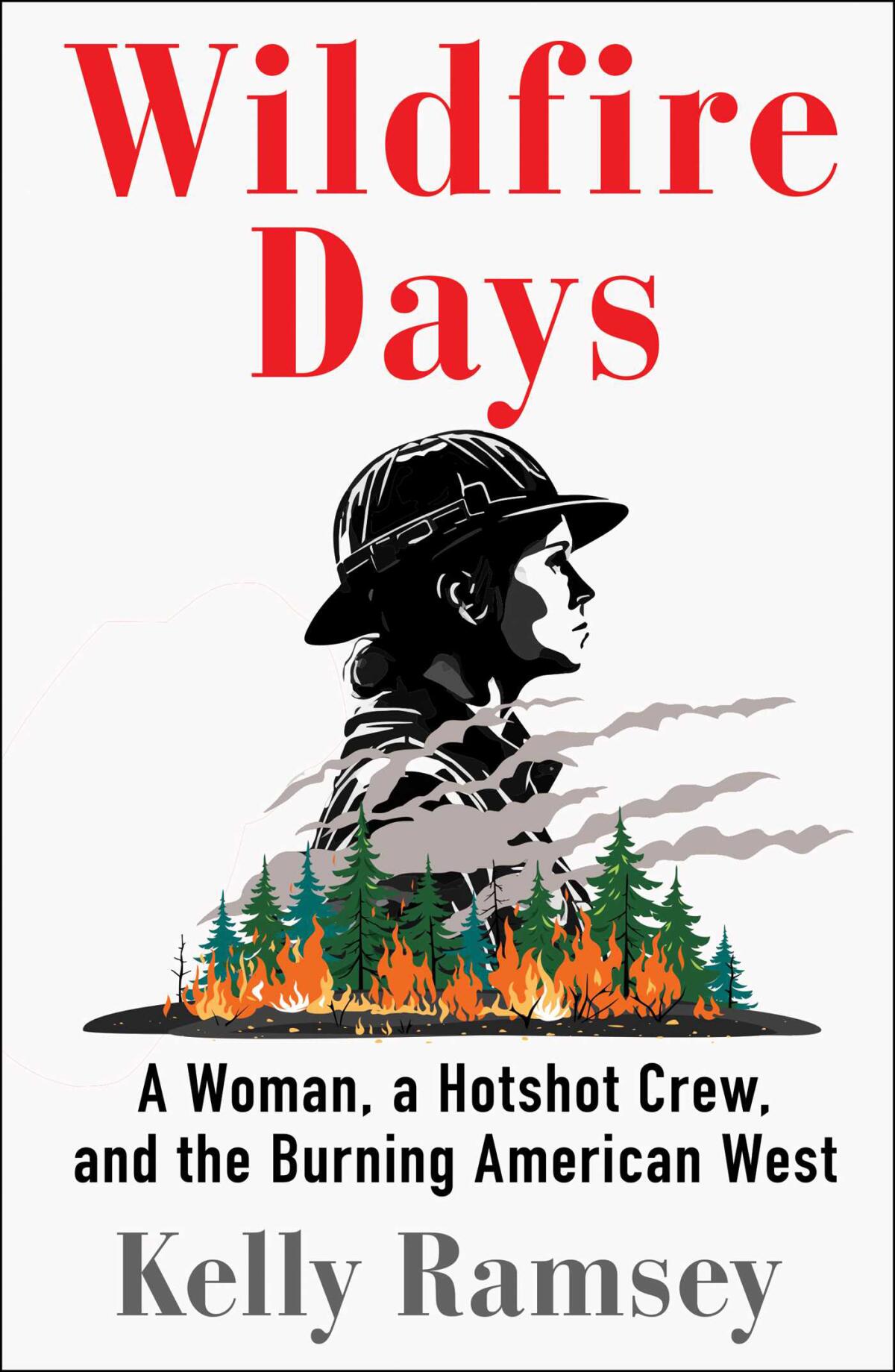WIMBERLY, TEXAS — Matthew Dowd knows sorrow and loss. He has been divorced twice. A daughter died two months after she was born. And then there is the added heartbreak — a word he uses — of his split with President Bush.
Dowd, 46, is one of the nation’s leading political strategists, a onetime Democrat who switched sides to help put Bush in the White House, then win a second term. He spent years shaping and promoting Bush’s policies — policies that Dowd now views with a mixture of anguish and contempt.
He began expressing his disillusionment, tentatively at first, at a UC Berkeley conference in January. Since then, he has grown more forceful.
On the administration’s response to the Sept. 11 attacks: “I asked, ‘Why aren’t we doing bonds, war bonds? Why aren’t we asking the country to do something instead of just . . . go shopping and get back on airplanes?’”
On the White House stand against same-sex marriage: “Why are we having the federal government get involved? . . . Does a thing limiting someone’s rights and aimed at a particular constituency belong in the U.S. Constitution?”
On the war in Iraq: “I guess somebody would make the argument, well, the Iraq war was about defending ourselves. But it seems an awfully huge stretch these days to say that.”
With a rueful laugh and, at one point, a catch in his throat, Dowd offered a lengthy account of his break with Bush during hours of conversation at his 18-acre ranch in the green Hill Country outside Austin. He puffed a cigar, and then another, as the fading sun glinted off the Blanco River. A CD player cycled through sacred music and country songs.
Dowd is not the first Bush ally to part with the administration. Former Treasury Secretary Paul H. O’Neill contributed to a book that likened the president at cabinet meetings to a “blind man in a roomful of deaf people.” John J. Dilulio Jr., who led the White House office of faith-based initiatives, left with a shot at “Mayberry Machiavellis.” Retired Army Lt. Gen. Ricardo S. Sanchez, who once led U.S. forces in Iraq, accused the administration of going to war with a “catastrophically flawed” plan.
But Dowd was a part of Bush’s political inner circle, enjoying a degree of power and intimacy that made his criticism all the more unexpected — and hurtful to those still close to the president, many of whom are Dowd’s friends.
“I care about him as a human being,” said Mark McKinnon, a former Dowd business partner who produced Bush’s campaign ads and sometimes bicycles with the president. “The problem was not just what he said, but that he never voiced any of those concerns directly to people he was supposed to be advising.”
Dowd responded that he shared his feelings with McKinnon and others close to Bush more than once before going public.
In speaking out, Dowd has not only strained personal relationships but raised larger questions about loyalty in the political realm. Is he obliged to stand by his old boss, whose success made Dowd one of the most sought-after consultants in the campaign business? Or does he owe it to the country to openly dissent, even if he didn’t do so from the start?
The answer, for Dowd, is simple, even if his life these days is less so. “When you’re a public advocate of something in the high-profile way that I was, and all of a sudden it doesn’t turn out the way you thought, the counterweight is not to just sit quietly and let it go,” Dowd said. “I had to say something in a high-profile way.”
His disenchantment with the president built over several years. Dowd went public at a Berkeley seminar on the 2006 California governor’s race; Dowd was both a senior advisor to the Republican National Committee, where he landed after Bush took office, and a top strategist for Gov. Arnold Schwarzenegger’s reelection effort. It was a question about the president that set Dowd off and, looking back, liberated him.
“Do you lose sleep at night knowing that you gave this country probably the worst administration we’ve ever had?” asked a young man. “I mean, have you thought about maybe trying to save your soul by calling for impeachment?”
Dowd tensed and leaned forward. Rather than defend Bush, he spoke of the oldest of his three sons, an Army language specialist then facing deployment to Iraq. “Now, am I a person who stays up at night thinking about that? Yeah. . . . Do we have hopes and dreams and disappointments? . . . Yes,” Dowd said.
But when things don’t turn out as hoped “it does not mean that you somehow have to walk down the street in a hair shirt with a sign that says, ‘Forgive me, forgive me, forgive me,’ ” he said. “We move on.”
Dowd now sees the confrontation as “a gift [that] gave me the opportunity to start expressing things more and more publicly.”
In March, he wrote a piece for Texas Monthly magazine suggesting Bush had undercut his “gut-level bond with the American public.” Finally, applying torch to bridge in spectacular fashion, Dowd detailed his break with Bush in a front-page interview with the New York Times. No one in the White House was alerted.
“I was definitely disappointed I had to learn from a reporter, and not him, that he was going public,” said Dan Bartlett, a former White House counselor and a friend of Dowd.
In the seven months since, Dowd has spurned book offers and the talk-show circuit, as well as the antiwar movement. He is not comfortable in the role of Bush basher. “I don’t hate the guy,” he said of the president, who has not spoken with Dowd since he aired his views. “I don’t think he’s evil or bad. I think he’s a good person that didn’t accomplish what he set out to do.”
Dowd grew up the third of 11 children in an Irish Catholic family in Detroit. His father was an auto executive; his mother taught elementary school before becoming a full-time mom. If not for all those kids, Dowd said, his family might have been upper-middle-class. Instead, there were hand-me-downs and lots of meatless suppers.
His conservative parents shaped his political views. But that changed at Cardinal Newman College, a small liberal arts school in St. Louis. Dowd became a Democrat, albeit one who opposed abortion and heavy taxation. It made for a good fit with conservative Democrats in Texas, where he moved in 1984 to work for Austin’s congressman.
Over the next 10 years, Dowd helped elect Democrats throughout Texas and elsewhere, growing close to one in particular, the state’s crusty Lt. Gov. Bob Bullock. Bullock, in turn, hit it off with Bush after the Republican became governor in 1994. Bullock even crossed party lines to endorse Bush’s 1998 reelection.
Soon after that landslide, Dowd was approached by Karl Rove, Bush’s top campaign advisor. The two were friendly, having lectured together on politics at the University of Texas. Bush was preparing a presidential run, and Rove wanted help. Dowd was impressed with the way Bush worked with Bullock and other statehouse Democrats. “I thought Washington was so screwed up, so polarized, maybe he’d be the guy who could fix that,” Dowd said.
His hopes rose during the 2000 campaign. “We were going to change Washington,” Dowd said. “There was kind of a mutual agreement that [Bush] was going to be a different kind of Republican.”
At first Bush governed that way, Dowd said, working with Democrats to cut taxes and overhaul education policy. But he believes something changed after Sept. 11, 2001. “There was an imperial feel to it,” Dowd said. “The things he did in Texas, he didn’t do any of that. . . . We didn’t build relationships with Democrats in Congress, and we didn’t build them overseas.”
When Dowd voiced concerns — about the failure to ask more of Americans after Sept. 11, about further tax cuts — he felt ignored. “Karl wanted me to worry about other things,” Dowd said. “I’d get a nice pat on the head.” Rove had no comment for this article.
The GOP congressional gains in 2002 didn’t help, Dowd said. “Increasing Republican majorities in both houses,” he said, “became a disincentive for consensus building.”
Still, Dowd stuck by the president and managed his reelection campaign because he assumed things would change once Bush was in a second term. It was, he said, like ignoring doubts in hopes of saving a marriage. “You say, ‘Well, they got drunk last night but it’ll be better next week.’ Or, ‘They had an affair but they’re not really that way.’ You talk yourself out of it because you believed, and you want to believe.”
His disaffection grew, however, when Bush started his second term with an acrimonious fight over Social Security. Dowd felt the president had the chance — but not the desire — to reach out to Democrats.
The years between the 2000 campaign and Bush’s reelection had been a whirlwind for Dowd, a time of great professional success and personal upheaval. In September 2002, he and his second wife had twin daughters born prematurely; one died after two months in the hospital. Their marriage began unraveling.
He spent much of 2005 co-writing a book on leadership, “Applebee’s America,” and thinking. His work advising Schwarzenegger pushed him further from Bush. The governor’s bipartisanship, Dowd thought, was a favorable contrast to the president’s “my-way-or-the-highway” approach.
The White House, however, was not pleased when Schwarzenegger distanced himself from Bush. After some “fairly heated discussions,” Dowd said, he and Rove stopped talking before the midterm election. They have not spoken since. Dowd left his job with the Republican National Committee at the end of last year.
He expresses no regrets for repudiating the president he served, even if the experience seems to have deepened his disappointment in Bush and the ways of Washington. Dowd has taken comfort from strangers who called and sent e-mails “basically saying that it took a lot of courage to say the truth.” It is friends who have let him down: “People who called up and said, ‘We agree with you, but you should not have said anything until January ’09.’ ”
Dowd had hoped his harsh words would break through to the president and White House. “But it doesn’t seem to me less bunkered than it was,” Dowd said, with a mirthless chuckle.
Tony Fratto, a White House spokesman, rejected that notion. “I think there’s a lot of exchange and interaction,” Fratto said. “No one here fails to hear criticisms or concerns, whether it’s coming from the media or experts or the public or Capitol Hill. In fact, I would say it’s impossible not to.”
Dowd said he heard secondhand that Bush was hurt by his criticism. Asked if he would like to resume their relationship, Dowd paused. “Sure, I’d like to visit with him,” he said. “It would be a nice thing to do at some point. But I don’t feel a necessity to do it to settle something in myself.”
Dowd lives alone on his ranch, amid the tall grass, cedar and live oaks that run to the edge of the Blanco River. It is an exile of his choosing, six miles outside Wimberly, population 4,000. He is, he happily noted, just another local tooling around in a silver Dodge pickup.
His 3,300-square-foot home has a country feel, with antique fixtures, a wraparound porch and knotty wood floors. A frilly bedroom guarded by a life-size stuffed tiger awaits frequent visits from his 5-year-old daughter, Josephine. The house is filled with books, inspirational sayings — “Happiness often sneaks in a door you did not open” — and, by a quick count, more than 100 crosses. The Prayer of St. Francis — “Lord, make me an instrument of your peace; where there is hatred, let me sow love” — is inscribed on a big painting above the fireplace.
Notably absent are pictures of Bush, or any other politician. “I don’t define myself by my professional career. How much money I made, who I elected,” Dowd said. He may be through with campaigns; but there is plenty of work doing brand consulting for corporate clients, which takes him two to three times a week to Austin, a 50-minute drive.
Faith has always been important to Dowd, a former altar boy who once considered becoming a priest (except for the fact he liked girls too much). But it has become even more important after the discouragement of the last few years. He attends Mass each Sunday, and sometimes during the week. Recently, Dowd took a spiritual journey, including stops in India, Nepal and Israel, to walk in the footsteps of Gandhi, Buddha and Jesus, among others.
“If you really want to know where I’m at, it’s understanding now that the people that have had the most profound effect on the world are not elected officials, not people who have held vast kingdoms, but are basically people who walked out their front door and acted right,” Dowd said.
Happiness, he believes, requires three things: people, a place and work that feed the soul. He has his children and ranch. Dowd is now trying to figure out the last piece.
[email protected]
